Testimony, Trust, and Authority
Acknowledgments Introduction 1 Testimony as a Philosophical Problem 1.1 Testimony, Knowledge, and Understanding 1.2 From Human Faith to Inductive Evidence 1.3 On Miracles: Hume Versus Port Royal 1.4 Inference, Perception, and Sociality: Hume Versus Reid 2 Knowing at Second Hand 2.1 What is Testimonial Knowledge? 2.2 Secondhandness and the Epistemic Right of Deferral 2.3 The Epistemological Problem of Testimony Revisited 2.4 An Argument from Secondhandness 2.5 Skepticism About Knowing at Second Hand 3 Three Models of Epistemic Dependence 3.1 The Evidential Model 3.2 The Inheritance Model 3.3 The Second-Personal Model 3.4 Moran on Assurance 3.5 Intermediate Cases and the Return of Epistemic Autonomy 4 Trusting a Person 4.1 The Grammar of Trust 4.2 Second-Personal Attitudes 4.3 Trust as Second-Personal 4.4 Trust as Cognitive 5 Authority, Autonomy, and Second-Personal Reasons 5.1 Second and Third-Personal Reasons 5.2 Second-Personal Reasons for
{{comment.content}}
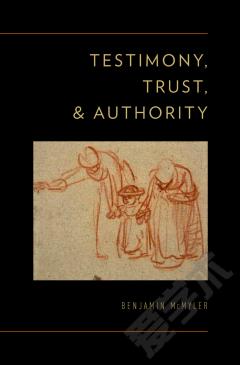
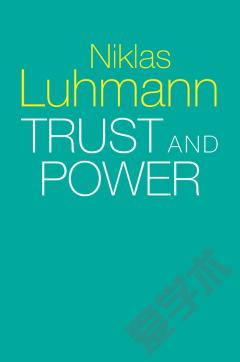
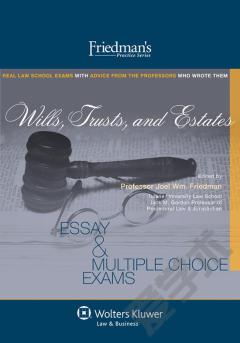
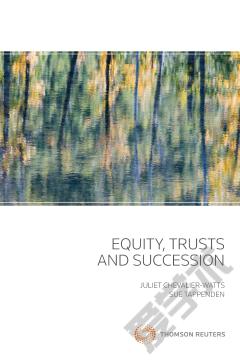
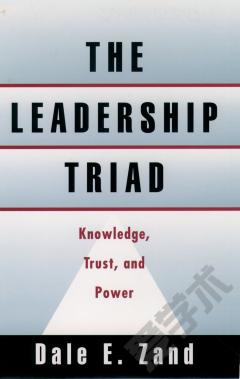

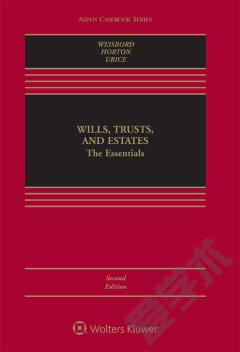

 京公网安备 11010802027623号
京公网安备 11010802027623号